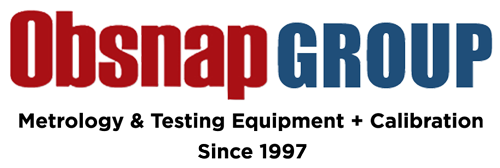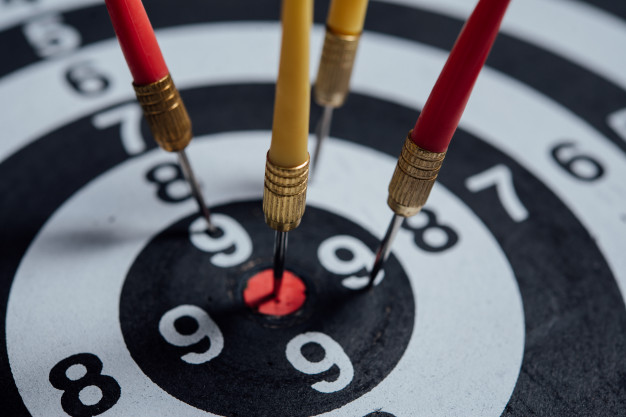View original post here.
CALIBRATION: ACCURACY & CONSISTENCY
.jpg)
“It is better to record accurate or precise measurements?”
The Difference:
If you weigh yourself on a scale three times and each time the number is different, yet it is getting closer to your true (actual) weight, the scale is accurate.
However, when it comes to scales that provide precision, it can be precise but not 100% accurate. This would cause the measurements to be very close to each other and yet “off” from the true value.
Some scales and balances do allow you to tare (by subtracting overall weight with the weight of the sample) or make simple adjustments (with reference of a standard weight) so that to make measurements both accurate and precise…
Many other measuring instruments will require more sophisticated equipment for calibration. e.g. Digital Thermometers often read precisely within a certain range but can also give increasingly inaccurate values outside of that range.
Hence, a proper calibration procedure that follows the ISO 17025 standard is recommended.
When Calibrating:
- Record how far off its measurements are from known standard or true values.
- Keep a record of the calibration to ensure proper readings reference.
There is much specific equipment that requires periodic calibration to ensure accurate and precise readings.
For ISO 17025 Calibration / Consultation :
Ms. Sitee (Calibration Strategist)
+6011-1186 9979 | [email protected]
Full List – Scope of Capabilities | ISO / IEC 17025 Certification | ILAC Approval Letter

